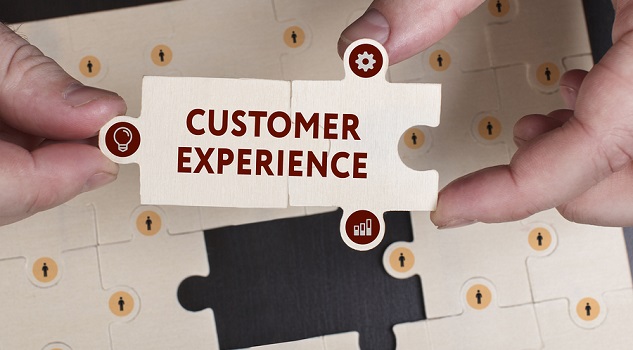Have a great product or service but not seeing as many customers as you’d like coming, or returning, through the doors? Chances are it’s your customer experience, not your core offering, that’s holding your start-up back.
The term customer experience is used to refer to the way in which a business engages with its customers at every stage of their joint relationship. Research suggests that it’s very often the thing that will most determine whether your business sinks or swims.
So much so that companies which invest in customer experience can double their revenue in three years, according to one 2018 study.
Lessons from the top end of town
Some large enterprises have it down pat. KPMG’s Customer Experience Excellence Report 2020 salutes the standout efforts of one of Australia’s biggest bottlers, First Choice Liquor, during the dark days of the pandemic.
“[Survey] respondents noted that First Choice Liquor got the basics right over that last 12 months, with customers highlighting product range, availability, value for money and an enjoyable purchase experience led by friendly, cheerful and helpful staff,” KMPG noted, upon launch of the report in September 2020.
Putting the customer at the heart of what they do is now a must for local organisations, added Sudeep Gohil, Partner, KPMG Customer, Brand and Marketing Advisory.
“Australian businesses must leverage their ability to adapt and be resilient, embrace technology and trust their teams to put their customers’ needs first and foremost,” Gohil commented. “This will bear fruit long after the pandemic is over.”
So, how can smaller concerns emulate the success of their larger, better resourced competitors? Here are five ways you can amp up the customer experience on offer in your enterprise.
1. Go omni-channel
Before the pandemic, a whopping 59 per cent of Australian businesses with 20 employees or fewer didn’t have a web site, according to GoDaddy. Thousands were forced to build one on the hop, after Covid shutdowns made business as usual a major challenge for bricks and mortar only enterprises. In today’s times, a strong online presence is a must because Australian consumers have come to expect the businesses they deal with will be omni-channel – that is, ready, willing and able to provide slick and seamless service in both the real life and virtual realms.
2. Surprise and delight
‘Going the extra mile’ is a well-worn cliché but if you’re in business for the long haul, doing so can pay off in spades. Whether it’s an after-hours delivery, a birthday bonus gift or just stand-out service when customers visit your premises, surprising and delighting won’t only guarantee repeat custom. In today’s ultra-connected times, it may also see customers become digital brand advocates, spreading the good word about your business on their social channels.
3. Automate
On the sales and marketing front, genuine one-to-one customer experience can be difficult to deliver, unless your customers number in the tens. That’s where automation technology can help. Today’s platforms make it easy to aggregate customer data from multiple sources, segment prospects and customers into discrete groups and connect with them via personalised messaging and campaigns that address their particular needs and interests. It’s a far cry from the impersonal direct marketing approach so common in the past, and far more likely to secure sales, too.
4. Reduce friction
Good customer experience is about making dealing with you seem effortless. Listen to the now famous words of the world’s largest online retail boss, Amazon founder Jeff Bezos: “The best customer service is if the customer doesn’t need to call you, doesn’t need to talk to you. It just works.”
What works for a whale like Amazon will also work for small businesses. Looking for instances of friction – think clunky mobile websites or an online ordering system that’s difficult to navigate – and working to eliminate them will make customers more likely to come back to you, again and again.
5. Listen and learn
Pride yourself on asking customers for their feedback? Many businesses do but what they go on to do with it is, all too often, very little. That’s to their detriment because all feedback is useful. Comments and customer satisfaction scores that reflect poorly on your business are especially valuable, provided you’re humble enough to hear about the things you haven’t done well. Taking it on the chin, and taking action to ensure you do things differently or better next time, will help your business lift its game, at a time when doing so has never been more important.














